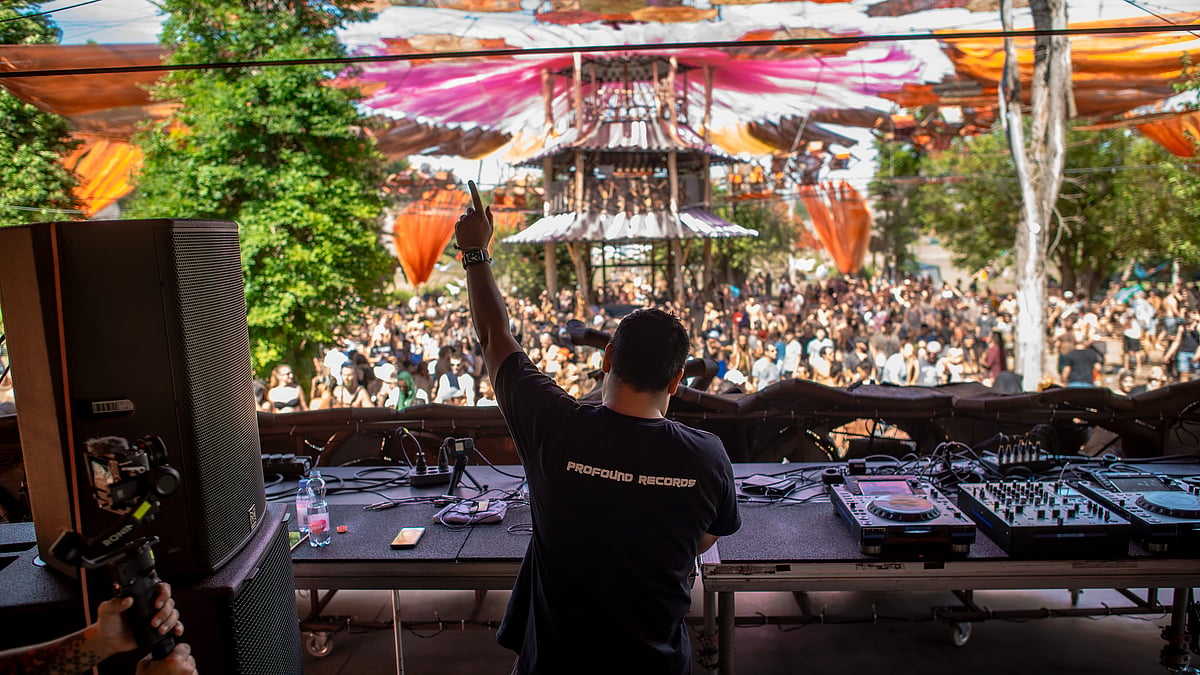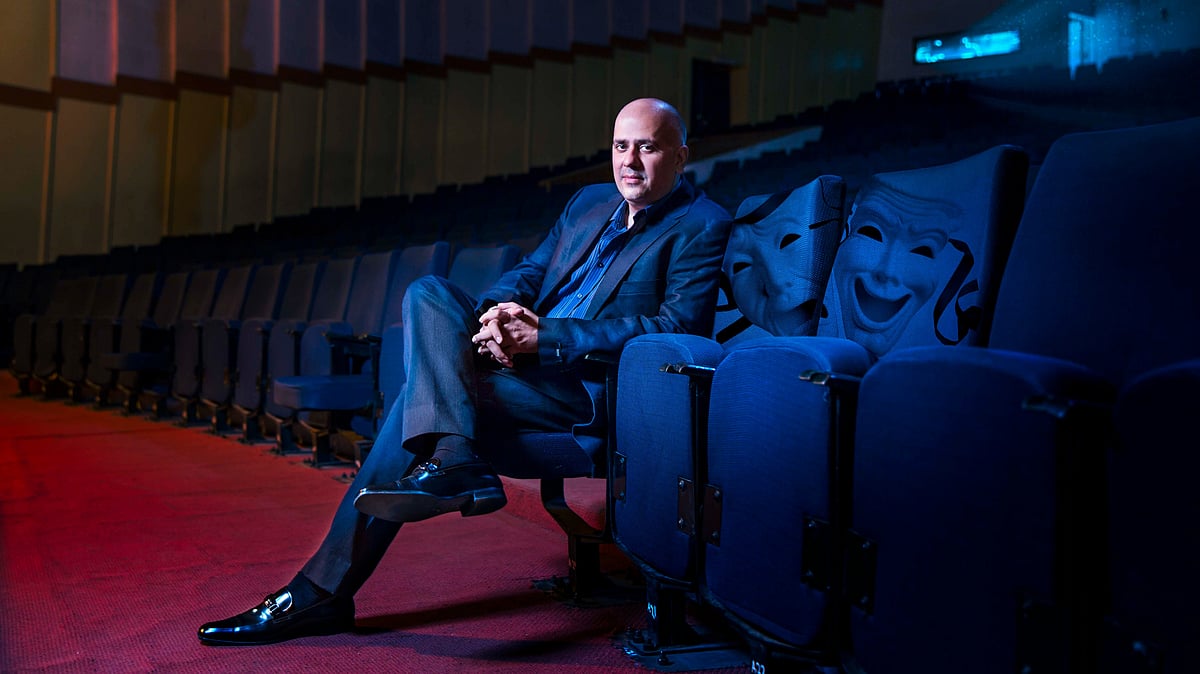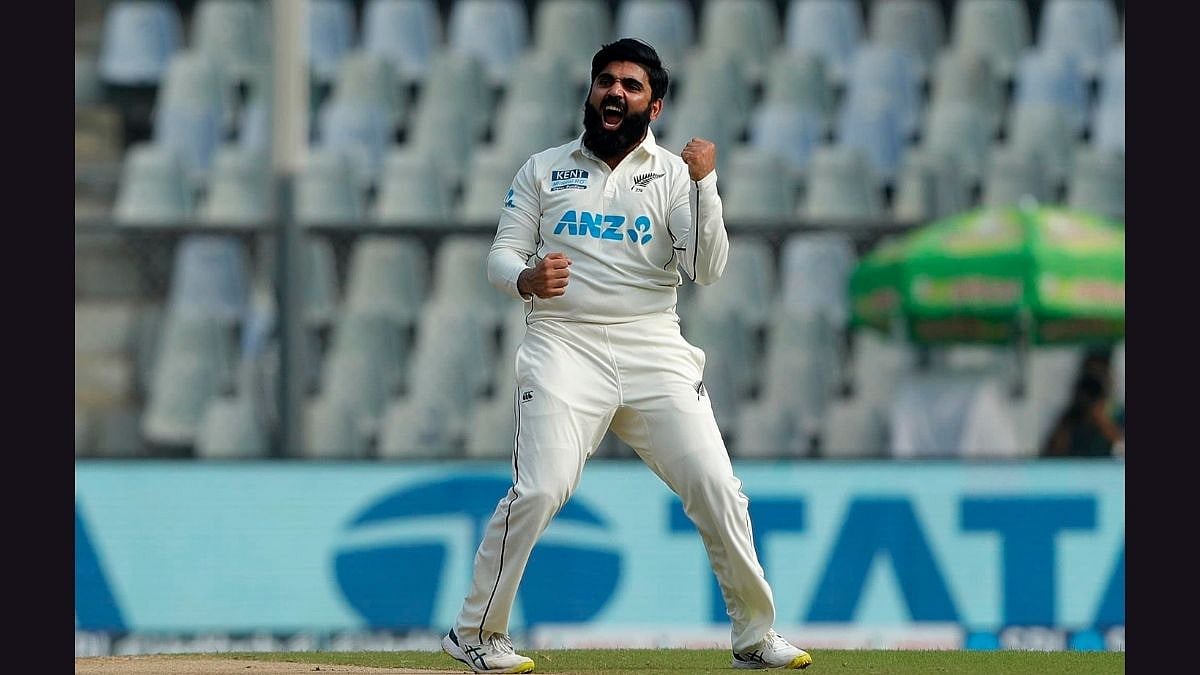The recent suicide of 17-year-old wrestler Ritika Phogat shook the nation. Cousin to wrestlers Geeta and Babita Phogat and trained under Mahavir Singh Phogat, she took the drastic decision after her inability to take her loss in the finals of a tournament. This is one of the many episodes of late wherein we hear about youngsters failing to handle setbacks. Achieving success makes them put themselves through needless pressure or contemplate suicide. It is time we teach the young minds the art of handling success and failure.
The episode
Ritika’s suicide makes you admit that youngsters lately don’t have enough understanding of handling competition. Arouba Kabir, a mental health counsellor and wellness coach, and founder, Enso Wellness, reveals, “All along while we are growing up, we are constantly pushed to excel, till the limit where we are compared with our siblings, fellow mates and sometimes even our relatives from other generations’ on a regular basis.” This, she states, makes them want to try to always win.
She feels that being related to famous athletes, Ritika lost mentally making her accept defeat and take this drastic step. “We might never get to know what was really in her mind, maybe the constant comparisons, the lack of someone to share her feelings with or mere hopelessness – the fact we lost a beautiful soul goes above and beyond the loss of an athlete.”
Dr Mansi Jain, a consultant psychiatrist who runs the Manarogya Psychiatry Clinic in Mumbai, rightly states, “When a person who has given their best encounter failure, they may feel they have nothing more left to give. They may feel hopeless about their future life, they may undermine their own capacity to overcome adversities and taking one’s own life may seem like the only way out.”
Dr Vinod Kumar, consultant psychiatrist and psychotherapist and Head, Mpower: The Centre, Bangalore, reveals statistics. “In India, at least 1.5 to 2.5 lakh people commit suicide every year. In addition there is an alarming trend of more young people committing suicide in the last two decades; some estimates suggest up to 60% of suicides are committed by people under the age of 40.” He feels to understand a complex occurrence like suicide means considering many aspects, from individual’s personality and genetic make-up to the socio cultural context.
The present generation
Dr. Kumar does think today’s young minds are under pressure to succeed at all cost thanks to our competitive culture. If left unchecked and not backed by maturity, it means tragedy. “Real winning is when one learns from the experience and grows further. When one wins one has a tendency to rest on the laurels of winning and doesn’t learn anything from it, they are in the true sense losers and vice versa.”
As per Arouba, being a part of rat races has been a part of our upbringing. “In chasing success, we forget that success might bring fame, money and a thing alike but the true quality of life isn’t measured by any of these parameters. A healthy competition, a drive to excel can act as a great propeller in our lives, but we need to mark our boundaries.”
The drastic step
Arouba feels it is common to hear about news of suicides in media and is shown as feasible option to the young. “If they understand the root cause instead of thinking of suicide as the ultimate solution, we can surely prevent a lot of mishaps!”
Dr. Kumar finds an increase in personality types amongst which the main traits include emotional instability, impulsivity, fragility and identity disturbance. “In the last three decades, society has become increasingly urban, nuclear and economic necessity leads to both parents work. These factors and increasing exposure to the western way of living and being has led to a more fragile state of mind which crumbles under pressure.”
Dr. Jain finds suicide to be typically a result of different episodes. “The psychological process is complex and labelling a single event as cause of suicide is an oversimplification. Triggering event is ‘just the tip of the iceberg’ of what the person is going through. Every suicide reflects our shortcomings as a society towards mental health awareness and wellbeing.”
Seeking solution
Dr. Jain wants society to invest further in pan generation mental well-being. “Schools should include mental health education and resilience building in their curriculum for psychological wellness. At homes, failures should be discussed as openly as successes. Feelings should be talked about, emotions expressed. If someone expresses thoughts of self-harm, do not invalidate or trivialise them. Reaching out to a mental health professional and seeking help is of utmost importance.”
Dr. Kumar wants prime importance given to avoid development of frail young minds. “This includes efforts of the society to validate, acknowledge the growth of such phenomenon and measures have to put in place to change things from the learnings. We, as a nation, together have to redefine success and failure.”
“To deal with any emotion, it’s important to understand the emotion first. You need to differentiate that are you transiently feeling depressed, is there a solitary event that’s making you feel like a failure or have you been feeling pressurized and stressed since a long time,” states Arouba. “Transient emotions are inevitable but the resident emotions affect one’s psychology, thoughts and actions – and thus need addressal.”
She rightly cuts out the wrong belief that ending one’s life means removal of their problems. “There is no problem that can’t be dealt with but irreversible steps like suicide lead to distress which can last a life time for our loved ones. Speak your heart out, often the thoughts that seem like boulders to us are just pebbles if seen from a different perspective.”
As Alfred from Batman Begins said – Why do we fall sir? So that we can learn to pick ourselves up.














